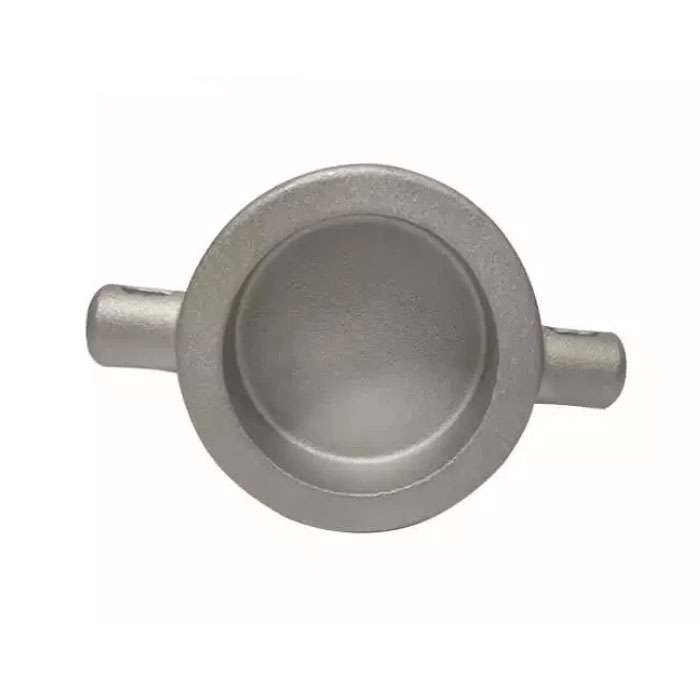Why is investment casting good?
2024-05-30
Investment casting, also known as lost-wax casting, is a manufacturing process that offers several advantages, making it a preferred method for producing complex metal parts. Here are the key reasons why investment casting is considered good:

1. High Precision and Accuracy
- Dimensional Accuracy: Investment casting produces parts with tight tolerances and high precision, reducing the need for extensive machining and finishing.
- Complex Geometries: This process can create intricate and complex shapes that would be difficult or impossible to achieve with other casting methods.
2. Excellent Surface Finish
- Smooth Surfaces: The wax pattern used in investment casting creates a smooth surface on the final product, minimizing the need for additional surface finishing.
- Detail Reproduction: Fine details and intricate designs are accurately replicated, which is particularly beneficial for decorative and functional components.
3. Material Versatility
- Wide Range of Alloys: Investment casting can be used with a broad spectrum of metals and alloys, including stainless steel, aluminum, titanium, and superalloys.
- Specialized Alloys: The process is suitable for casting high-performance materials that are difficult to shape using other methods.
4. Reduced Material Waste
- Near-Net Shape: Parts are cast very close to the final shape, which minimizes material wastage and reduces the amount of machining required.
- Efficient Use of Materials: The ability to produce parts with precise dimensions and minimal excess material contributes to cost savings and environmental sustainability.
5. Design Flexibility
- Thin Walls: Investment casting can produce parts with thin walls and complex internal structures, which are often required in aerospace, automotive, and medical applications.
- Design Integration: Multiple components can be integrated into a single casting, reducing assembly time and improving structural integrity.
6. High-Quality Components
- Structural Integrity: The process produces components with excellent mechanical properties, including high strength and durability.
- Consistency: Investment casting ensures consistent quality and repeatability across large production runs, making it ideal for high-volume manufacturing.
7. Cost-Effectiveness
- Tooling Costs: While the initial tooling costs for investment casting can be higher than some other methods, the long-term benefits and reduced machining and finishing costs often result in overall cost savings.
- Production Efficiency: The ability to produce complex shapes in a single operation reduces the need for multiple manufacturing steps, lowering labor and production costs.
8. Suitability for Small and Large Parts
- Small Components: Investment casting is highly effective for producing small, detailed components with precision.
- Large Components: It is also capable of producing larger parts with intricate details and complex geometries.
Applications of Investment Casting
- Aerospace: Turbine blades, engine components, and structural parts.
- Automotive: Engine parts, transmission components, and suspension parts.
- Medical: Surgical instruments, orthopedic implants, and dental devices.
- Industrial Machinery: Pumps, valves, and impellers.
- Art and Jewelry: Decorative items, sculptures, and fine jewelry.
Conclusion
Investment casting stands out as a versatile and precise manufacturing method that offers numerous advantages, including high accuracy, excellent surface finish, material versatility, and cost-effectiveness. Its ability to produce complex, high-quality parts makes it an ideal choice for a wide range of industries, from aerospace and automotive to medical and industrial applications.


